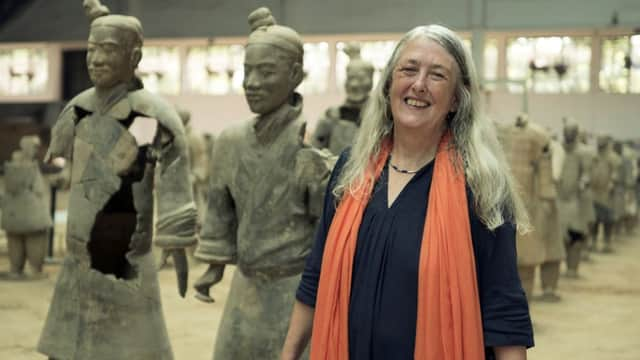Paris Gourtsoyannis: Civilisations is a triumph, its critics a worry


No delusion is more powerful than believing you should decide what’s on TV. Well, here’s a recommendation for anyone who has uttered the words “the kind of thing the BBC should be doing”. Civilisations, the reboot of the classic Kenneth Clark art history programme, is spectacular, and is absolutely the kind of thing the BBC should be doing. Because it is doing it incredibly well.
I call the original “classic” because I keep reading how much better it was. I can’t say because I wasn’t close to being born at the time, but it’s on iPlayer so I will correct that.
Advertisement
Hide AdThe main gripe seems to be that while Clark’s Civilisation focused on Western art, the added “s” in the title and a blockbuster budget has given the new programme, fronted by Simon Schama, Mary Beard and David Olusoga, a global sweep.
Its critics complain that the BBC is lecturing them, because focusing on anything other than ‘superior’ western art is a sop to diversity. As Schama & co ably explain, Western art nicked most of its good ideas and some of its bad ones from the rest of the world – classical beauty through to Picasso’s troublingly racialised inspiration from African imagery.
They also do so movingly. Schama’s hands shake as he holds an original Hokusai print depicting mount Fuji – the germ of modern art. Olusaga shows us a painting from early-colonial Portugal, where African knights share streets with white nobles, before manifest destiny crushed our ability to meet others as equals. If smart people can’t concede that other parts of the world have produced culture worth learning about, the lights really are going out. Well done, Auntie Beeb, is how I’m supposed to conclude.
